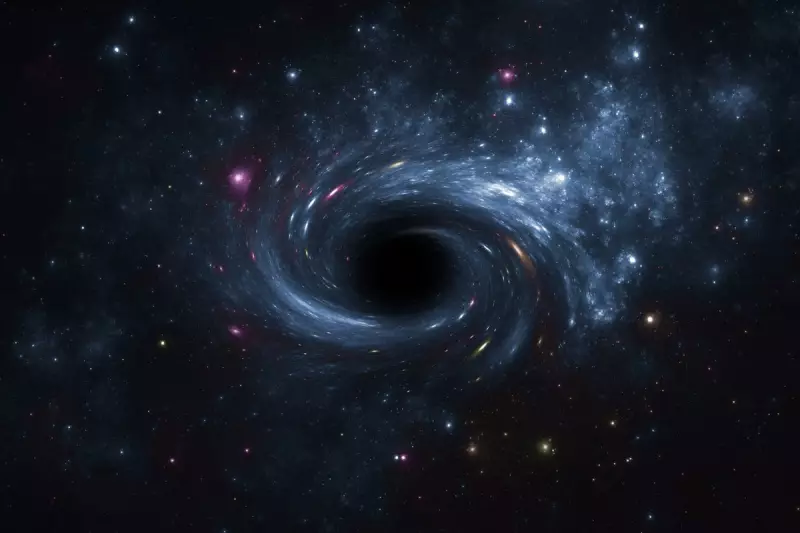
In a stunning leap forward for fundamental physics, UK scientists are heralding a monumental achievement from the East. China's Jiangmen Underground Neutrino Observatory (JUNO), a colossal endeavour dubbed the 'subatomic particle discovery machine', has successfully detected its first signals, marking the dawn of a new era in our understanding of the universe's building blocks.
The University of Sheffield's team, a key British partner in the ambitious international project, is at the forefront of this scientific revolution. Their work is pivotal to analysing the elusive 'ghost particles' known as neutrinos, which hold the key to some of cosmology's most profound mysteries.
A Colossal Eye Beneath the Earth
Nestled 700 metres underground in Guangdong province, the JUNO detector is an engineering marvel. Its heart is a gigantic sphere, filled with an astonishing 20,000 tonnes of liquid scintillator. This immense vat is designed to capture the faintest flashes of light produced when neutrinos, which rarely interact with matter, pass through.
This deep subterranean location is crucial, shielding the hyper-sensitive equipment from the interfering cosmic radiation that bombards the Earth's surface. By 2025, upon its full completion, JUNO is poised to become the most potent and precise machine of its kind on the planet.
Chasing the Ghosts of the Cosmos
So why does this matter? Neutrinos are among the most abundant yet enigmatic particles in existence. Trillions pass through our bodies every second without us noticing. Unravelling their properties could provide answers to questions that have puzzled physicists for decades.
The primary mission for JUNO is to determine the precise ordering of neutrino masses—a fundamental puzzle known as the 'mass ordering'. Solving this is essential for developing a complete theory of particle physics and could dramatically alter our comprehension of the universe's evolution and the fate of massive stars in supernova explosions.
British Brilliance in a Global Effort
The project is a testament to global scientific collaboration. While the detector is in China, the brains behind it span the globe. The University of Sheffield team, led by experts from the Department of Physics and Astronomy, has developed critical calibration systems essential for ensuring JUNO's unprecedented accuracy.
Their contribution ensures that the data harvested from the depths will be impeccably clean and reliable, allowing for discoveries with confidence. This partnership underscores the UK's continuing role as a leader in cutting-edge scientific research, even on projects thousands of miles away.
The first successful detections are not just a technical triumph; they are a beacon of human curiosity and international cooperation. As JUNO moves towards full operational capacity, the world watches, waiting for these ghostly particles to reveal secrets they have held since the dawn of time.





